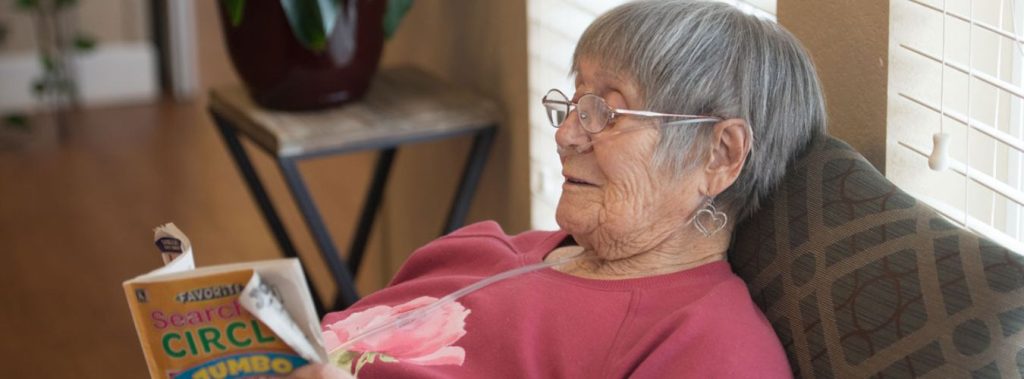Knowing how to help elders get better sleep is part of loving and caring for older people. As people reach their elder years they tend to sleep less. Whether because of medical conditions that wake them repeatedly overnight or just changes in their biorhythms, it becomes more difficult to get a good night’s sleep. As a leader in elder care, we know that failing to achieve adequate restful sleep can result in a number of daytime issues including confusion, excessive sleepiness, difficulty focusing on important tasks like driving and an increased risk of falls.
What Prevents Elders From Getting Their Sleep?
In addition to health issues and natural cycle changes, there are other reasons that seniors sleep poorly, including:
1. Why do elders struggle with sleep?
Elders can struggle with sleep for a lot of reasons. Stress, alcohol, caffeine, nicotine, and even prescription medications can cause these struggles. Elders may also be diagnosed with medical conditions that make it harder for them to sleep.
2. What do elders stress about?
Elders worry about many of the same things that people of any age worry about. Concerns about their health can keep them awake, and so can financial problems or potential money issues. Changes in relationships are also stressful and can interrupt sleep for elders.
3. How does eating and drinking affect sleep for elders? And what about smoking?
Both caffeine and nicotine are stimulants. They make a person feel more awake. Using them around bedtime can make it hard to sleep. Relying on them when sleep is poor can lead to further sleep problems. While alcohol can make a person feel sleepy, it changes how the brain functions during sleep. It can actually make sleep less restful and may even keep people awake sometimes.
4. How can prescription medications impact sleep?
Many medications have side effects. Sometimes, they can cause wakefulness or make it hard for a person to get restful sleep. These medicines are usually prescribed for something specific, and the impacts on sleep are not intentional.
5. What medical conditions can make it harder to sleep?
There are many medical conditions that can affect sleep. One common one for elders is restless legs syndrome, or Willis-Ekborn Disease. People may experience unpleasant sensations in their legs that cause them to feel like they have to keep changing positions when they’re trying to sleep. Another common medical condition that affects sleep is sleep apnea. A number of things can cause this. People living with sleep apnea experience brief interruptions in normal breathing while sleeping that can cause them to wake repeatedly or to have sleep that isn’t restful.
Top Ways to Help Elders Get Their Sleep
Here are some strategies for getting a better night’s sleep:
- Sleep in a room that is comfortably cool and dark.
- Get more exercise during the day, preferably before dinner time, as late-day exercise may make it harder to fall asleep.
- Increase your exposure to natural light during the day (while being sure to use sunscreen).
- Decrease or eliminate the use of alcohol, caffeine and nicotine. If you continue to consume them, do so earlier in the day.
- Keep your bedtime and morning waking time consistent.
- Use relaxation techniques like meditation and guided imagery before going to bed.
- Take action to address any issues that are causing you stress. Even if they can’t be completely resolved, making progress toward a solution can be helpful.
- Talk to your doctor about your medications if you believe they may be compromising your sleep.
- Get treatment for sleep apnea, restless legs syndrome or any other conditions you believe may be hindering your sleep.
Elder Care that Considers the Whole Person
We take a holistic approach to elder care at Green House Homes, and know that sleep is a key ingredient for health, happiness and well-being. Consequently, we do all we can to create an environment in our real-home setting that is interesting and stimulating during the day, but calm and restful at night. We do all we can to help elders get their sleep every time they go to bed.


